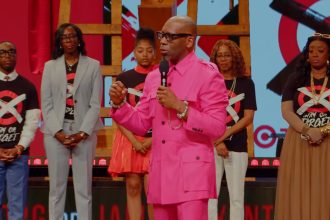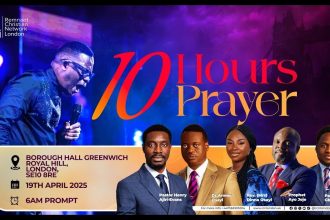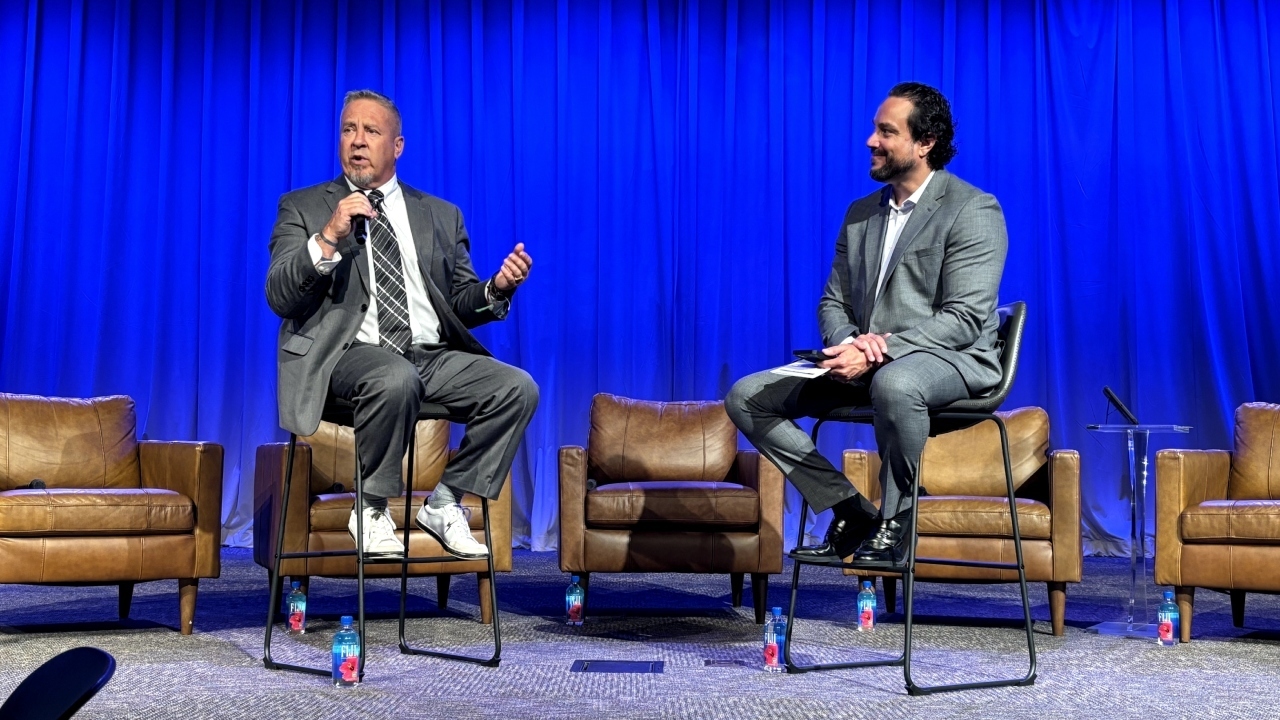Kennedy notes satanists’ role in onslaught against him
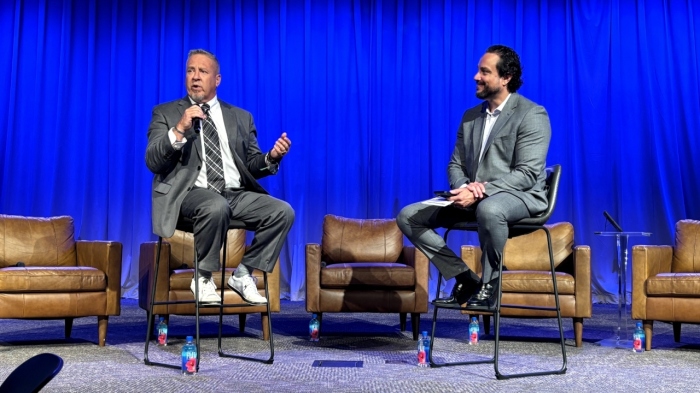
Editors’ note: This is part 15 of The Christian Post’s year-long articles series “Politics in the Pews: Evangelical Christian engagement in elections from the Moral Majority to today.” In this series, we will look at issues pertaining to election integrity and new ways of getting out the vote, including churches participating in ballot collection. We’ll also look at issues Evangelicals say matter most to them ahead of the presidential election and the political engagement of diverse groups, politically and ethnically. Read part 1, part 2, part 3, part 4, part 5, part 6, part 7, part 8, part 9, part 10, part 11, part 12, part 13 and part 14 at the links provided.
GRAPEVINE, Texas — The assistant high school football coach from Washington state who won a victory at the U.S. Supreme Court after being fired for praying on the field told The Christian Post last week that God can use the unlikeliest of people to accomplish His purposes.
“I don’t know why God does what He does; none of us do,” said Joseph Kennedy, an 18-year U.S. Marine veteran who coached the varsity football team at Bremerton High School in Bremerton, Washington. “And I was the least likely person that I thought God would ever want to do anything with.”
During an interview with CP reporter and podcaster Ian M. Giatti as part of a live event for CP’s “Politics in the Pews” podcast and article series at Fellowship Church, Kennedy also expressed concern about diminishing religious liberty in the United States and noted that satanists were involved in his situation.
‘He does the most incredible things’
In 2015, Kennedy faced suspension and eventual termination for kneeling in prayer at the 50-yard line on the football field after games. After losing seven times in lower courts, his case finally reached the Supreme Court, which ruled in 2022 that his prayers were protected by the First Amendment.
In 2022, the Supreme Court ruled 6-3 in favor of Kennedy and upheld the constitutional right of public school employees to engage in brief, personal private prayer, which effectively overturned the 1971 Supreme Court decision in Lemon v. Kurtzman, which had established the three-prong “Lemon test.”
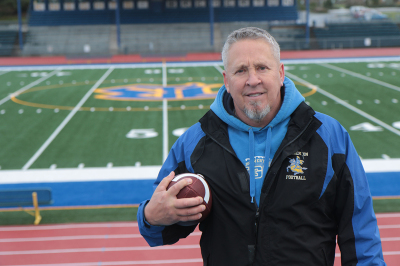
The Lemon test had allowed the government to be involved in religion only if it served a secular purpose, did not inhibit or advance religion and did not result in excessive entanglement of church and state.
“This is something that I did not want, I did not ask for,” Kennedy said. “And this whole entire time, I’ve been dragging my feet on it and saying, ‘God, I don’t want to go through this.’ But He does the most incredible things with idiots like me.”
“So imagine what He can do with you guys!” he continued. “That’s how cool this is. If He picks me to do something so great — of changing the nation in our religious liberties — imagine what we could do as just individual families, individual groups, individual companies out there, individual churches.”
“We can change the entire United States […] back to where we were if we just do what we’re supposed to do, and it’s that simple,” he added.
‘Jesus, Jesus!’
Kennedy also claimed that the original complaint against him came from a member of a local satanic group.
According to CBS News, members of the Seattle chapter of The Satanic Temple showed up at the football field to protest decked out in robes while spreading incense.
The Seattle chapter of The Satanic Temple had 42 members at the time and used Kennedy’s public prayer as a reason to request invoking the devil on the field after the game, CBS News reported.
“It’ll definitely be a theatrical production — robes, incense, we have a gong,” chapter head Lilith Starr said at the time. “There are a number of students and teachers at Bremerton High who don’t feel like they’re being represented on the football field.”
Kennedy recalled to Giatti that the students pushed back against such tactics and shouted down the satanists with chants of “Jesus!”
“A kid jumped up on a rock and he had a cross, and the whole entire school district was chanting, ‘Jesus, Jesus!” Kennedy remembered. “You can’t make that stuff up.”
Despite his victory, Kennedy said he’s “very terrified” at the prospect of diminishing religious freedom in the U.S.
Before his ordeal, Kennedy said he “didn’t understand how much power was given to the judicial branches.”
“And that scares me,” he said. “That really scared me.”
He noted how his case failed seven times in a row before reaching the Supreme Court.
“All these lower courts ruled against me, saying that you do not have the right as an American to exercise your faith in public,” he added. “If that doesn’t scare the hell out of you, then I don’t know what to say to you.”
‘Losing everything’
Kennedy said his legal battle solidified his faith and his commitment to being a light for the young men he coached.
The coach added that “losing everything” was a major lesson in his faith journey that brought him in touch with the testimony of the apostle Peter, but also caused him to clash with his wife.
Kennedy said he was an atheist when he married a Christian woman and eventually found his faith, but the battle he faced strained their relationship.
“During that fight, I had to sit there and rely just on my relationship with God, because I had nothing else,” he said. “I didn’t even have my wife on my side. My wife worked for the school district. She was the HR director.”
While he advised against getting fired or wading into some of the battles he has faced, Kennedy also encouraged those who might face repercussions at their workplace for their beliefs to “be the light.”
“You don’t have to take them to court and fight for eight years on it,” he said.
The coach quoted 2 Timothy 4:7 as the verse that has sustained him: “I have fought the good fight, I have finished the race, I have kept the faith.”
“We are not called to win the fight,” he said. “I wish that was part of the paragraph, but it’s not. We are called to fight the good fight. We’re called to finish that race and to remain faithful. And when I get to Heaven, I want God to look at me and go, ‘Hey, you did alright.'”
Jon Brown is a reporter for The Christian Post. Send news tips to jon.brown@christianpost.com


